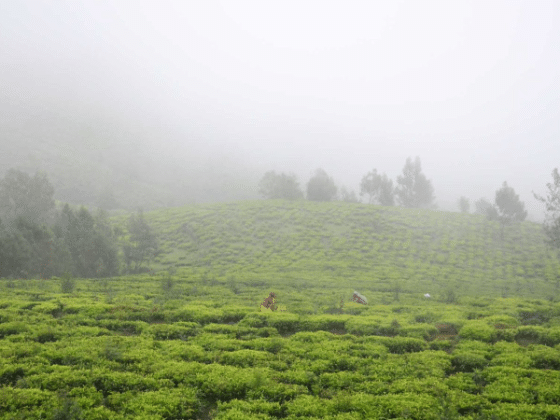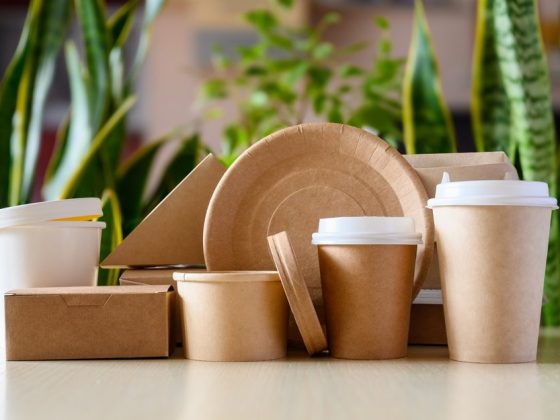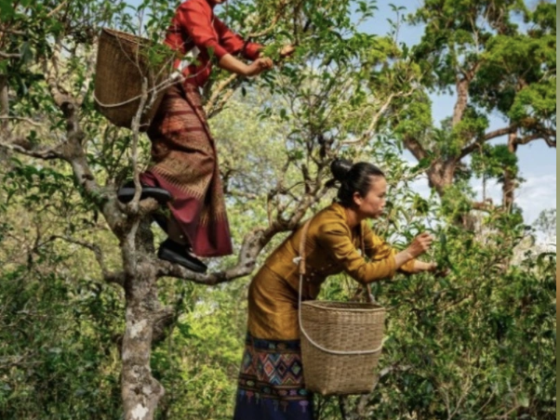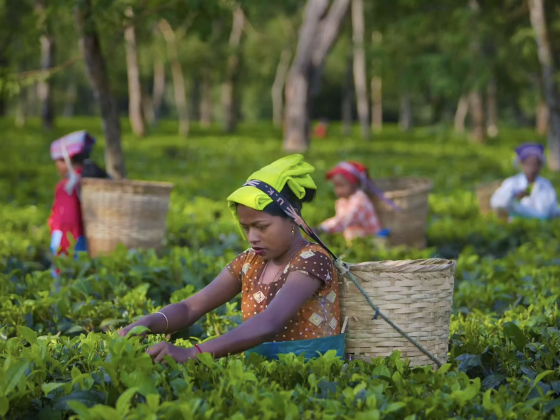ed to the social, economic and environmental conditions of coffee communities around the world and at Starbucks we are committed to sourcing all of our coffee in the most ethical way possible that is good for the planet,” said Craig Russell, executive vice president, Starbucks Global Coffee.
“We are proud to be a part of the Sustainable Coffee Challenge, a call to action for the industry focused on creating meaningful and lasting solutions to ensure farmer and family livelihoods for generations to come.”
“The Specialty Coffee Association of America has maintained a commitment to the support of sustainable coffee production for more than a decade as a core value of its members,” said Ric Rhinehart, Executive Director of the SCAA.
“We are pleased to demonstrate that commitment once again, and to drive for coffee to realize its potential as a fully sustainable crop. This challenge can be met when we dedicate our efforts in transparent and collaborative initiatives like the Sustainable Coffee Challenge.”
“IDH, The Sustainable Trade Initiative and the Sustainable Coffee Program are excited by this partnership in the coffee sector which builds strongly on the broad public private Vision 2020 collaboration agreed earlier this year by ICO (International Coffee Organisation), 4C Association Platform and IDH (Program Management of the Sustainable Coffee Program SCP),” said Ted van der Put, Member of the Executive Board of IDH.
“The Sustainable Coffee Challenge will enable greater coordination of efforts and effective use of resources as more coffee sector stakeholders deepen their commitment to long-term sustainable production. It also has a big potential to accelerate the interest of roasters globally to offtake sustainably produced coffee. “
The Sustainable Coffee Challenge comes at a time when nearly every major coffee-producing region of the world is feeling the impacts of climate change. Even as consumer demand increases — people drink 600 billion cups of coffee every year, and the coffee industry is a US$ 22 billion business — warming temperatures, drought and changing weather patterns are affecting coffee production.
Yet the industry has a part to play in reversing climate change. Halting deforestation globally, including through fostering sustainable farming practices in coffee production, can provide more than 30% of the carbon sequestration and storage needed to limit global temperature rise to safe levels.
As its plan goes into effect, the Challenge will stimulate economic development across the industry and benefit the lives of 25 million coffee producers, the majority of whom are small-scale farmers.
It will also provide environmental benefits, including the conservation of vital forests that help fight climate change by storing carbon dioxide from the atmosphere and also protect freshwater resources.
About Conservation International
Since 1987, Conservation International has been working to improve human well-being through the care of nature.
With the guiding principle that nature doesn’t need people, but people need nature for food, water, health and livelihoods—CI works with more than 1,000 partners around the world to ensure a healthy, more prosperous planet that supports the well-being of people.
Source: comunicaffe.com/can-coffee-become-the-worlds-first-sustainable-agricultural-product/









